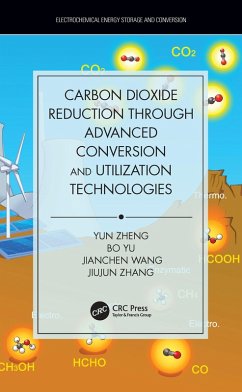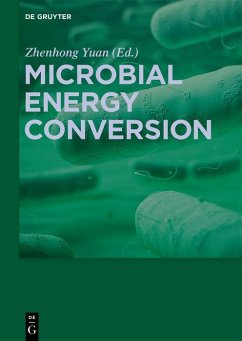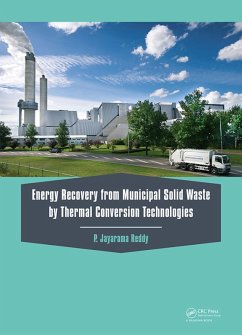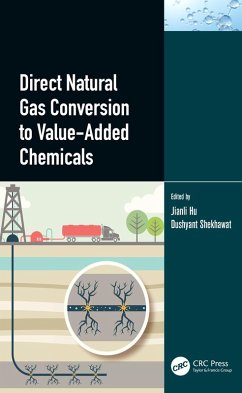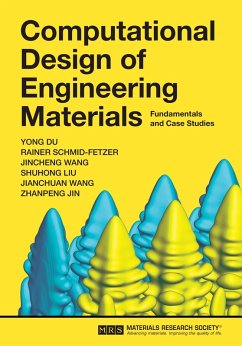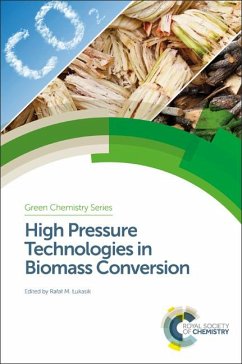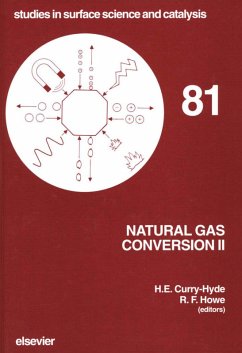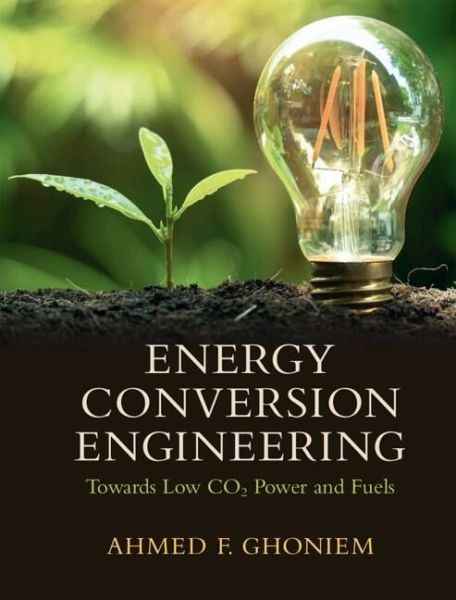
Energy Conversion Engineering (eBook, PDF)
Towards Low CO2 Power and Fuels
Versandkostenfrei!
Sofort per Download lieferbar
55,95 €
inkl. MwSt.
Weitere Ausgaben:

PAYBACK Punkte
28 °P sammeln!
This unique textbook equips students with the theoretical and practical tools needed to model, design, and build efficient and clean low-carbon energy systems. Students are introduced to thermodynamics principles including chemical and electrochemical thermodynamics, moving onto applications in real-world energy systems, demonstrating the connection between fundamental concepts and theoretical analysis, modelling, application, and design. Topics gradually increase in complexity, nurturing student confidence as they build towards the use of advanced concepts and models for low to zero carbon en...
This unique textbook equips students with the theoretical and practical tools needed to model, design, and build efficient and clean low-carbon energy systems. Students are introduced to thermodynamics principles including chemical and electrochemical thermodynamics, moving onto applications in real-world energy systems, demonstrating the connection between fundamental concepts and theoretical analysis, modelling, application, and design. Topics gradually increase in complexity, nurturing student confidence as they build towards the use of advanced concepts and models for low to zero carbon energy conversion systems. The textbook covers conventional and emerging renewable energy conversion systems, including efficient fuel cells, carbon capture cycles, biomass utilisation, geothermal and solar thermal systems, hydrogen and low-carbon fuels. Featuring numerous worked examples, over 100 multi-component homework problems, and online instructor resources including lecture slides, solutions, and sample term projects, this textbook is the perfect teaching resource for an advanced undergraduate and graduate-level course in energy conversion engineering.
Dieser Download kann aus rechtlichen Gründen nur mit Rechnungsadresse in A, B, BG, CY, CZ, D, DK, EW, E, FIN, F, GR, HR, H, IRL, I, LT, L, LR, M, NL, PL, P, R, S, SLO, SK ausgeliefert werden.




